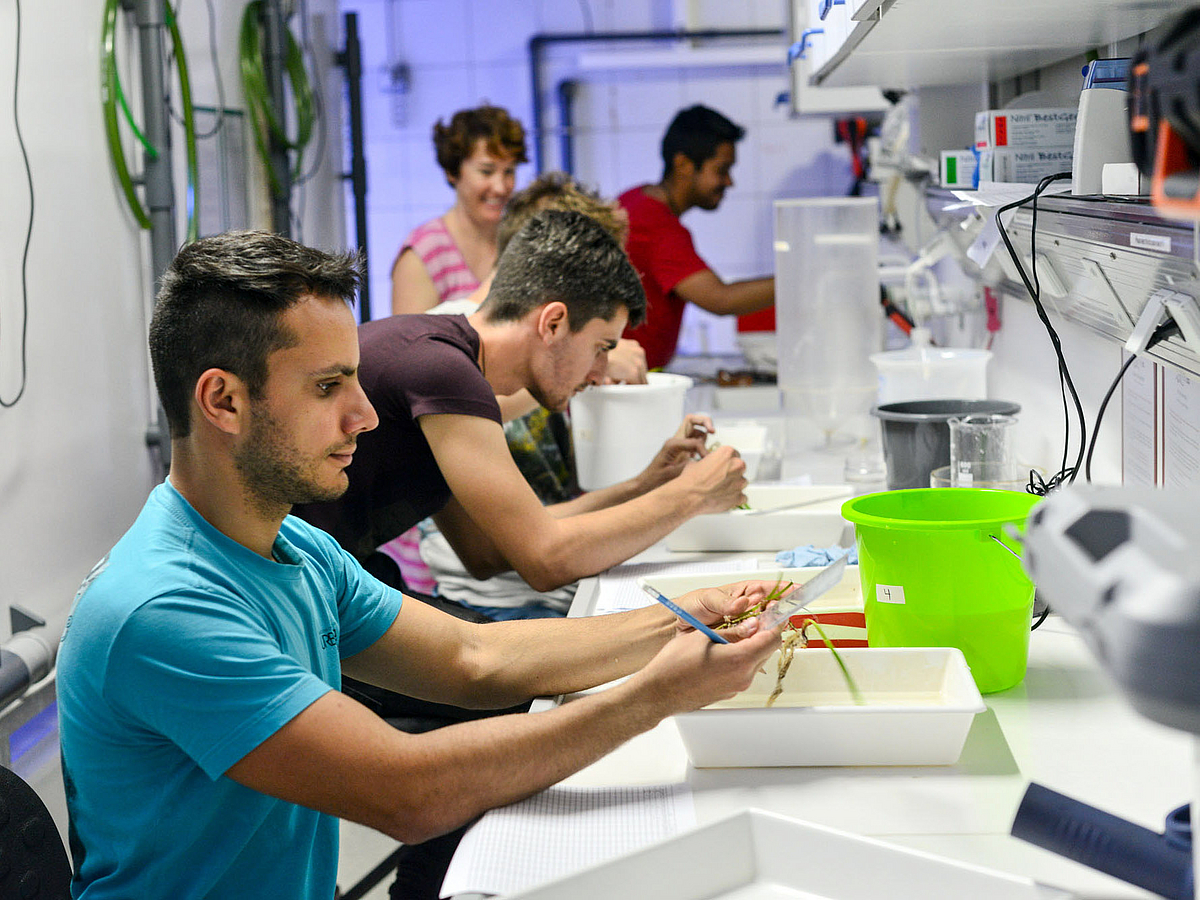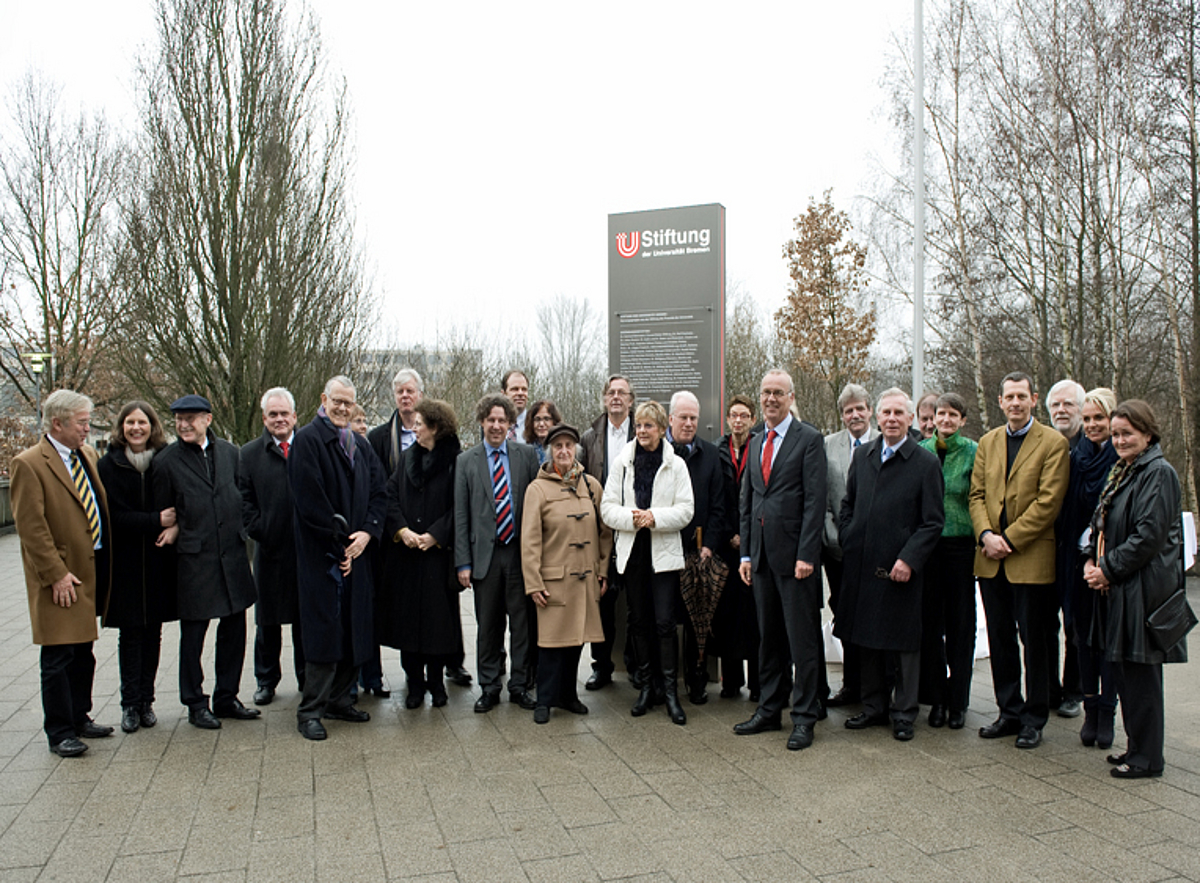Interdisciplinary and international: Cooperative and based on partnership: Supported by a strong network of renowned institutions.
Cooperation & Transfer
Our Key to Success
The University takes advantage of the short lines of communication on campus with the adjacent technology park.
As a public university, it takes responsibility for science and its further development, seeks dialog and cooperation, engages in social debates, and enriches the city culturally. The University’s transfer activities are linked to the priorities of the regional economy.
Together with the non-university research institutes in the federal state of Bremen and neighboring universities in Northern Germany, the University is highly successful in research and education. On the international level, the University cooperates with selected scientific institutions – its strategic partners.
University Cooperation
The University of Bremen cooperates intensively with scientific institutions in Germany and worldwide – in the form of individual contacts, university-wide partnerships, and in large networks. The goal is to develop synergies and achieve more by working together. Cooperation with institutions in northern Germany and in the state of Bremen is particularly close.
more
Research Cooperation
Science lives from exchange. Our academics cooperate across subject boundaries. They work in many projects with excellent non-university institutes on campus and in the state of Bremen. The University also has numerous national and worldwide partners – whether in individual research or in large international programs.
more

Sponsors & Alumni
For private donors, foundation sponsors, alumni and responsible corporate management – there are many good reasons to promote the University of Bremen, its students and academics. Find out more about the projects we have realized with the support of our sponsors, who our partners are, and how you can contribute to the knowledge of tomorrow.
more
University & Society
As the only public university in the state, the University of Bremen is closely connected to the development of the State of Bremen. It takes on ideas from civil society, encourages dialog on current topics, and enriches the city culturally. Numerous events and projects promote exchange between science and local citizens as well as schools, the arts, and business. More information in German
more

University & Business
Science transfer means cooperation. The University of Bremen is characterized by application-oriented research and practice-oriented education. Our academics and students are keen to enter into communicative exchange with companies, conduct joint research, and apply knowledge. Find out about our varied cooperation opportunities.
more
University & School
At the University of Bremen research starts early and that means starting from elementary school level. Numerous scientists of the University provide opportunities for children and young people from early school age to high school graduation. Further teacher training brings current research into the classroom and current school experience into the University. A win-win situation for everyone concerned. More information in German
more
The University of Bremen and twelve federal and state financed non-university research institutes cooperate within the U Bremen Research Alliance. The Alliance includes research institutes of the four major German science organizations, i.e. Fraunhofer Society, Helmholtz Association, Leibniz Association and Max Planck Society, as well as the German Research Center for Artificial Intelligence.
The cooperation in the U Bremen Research Alliance extends over the four scientific High-Profile Areas “Marine, Polar and Climate Research”, “Material Sciences and Production Engineering”, “Health Sciences” and “Minds, Media, Machines” and thus literally “From deep sea to outer space".
The alliance is characterized by a synergetic and close cooperation. Due to the multilateral strategic direction and the strengthening of research cooperation, it stands for large cross-institutional research topics. Cooperative promotion of young researchers, joint personnel development programs, research infrastructures used across the board and coordinated research agendas as well as the rapid implementation of scientific ideas are forming the core of the U Bremen Research Alliance.
more





